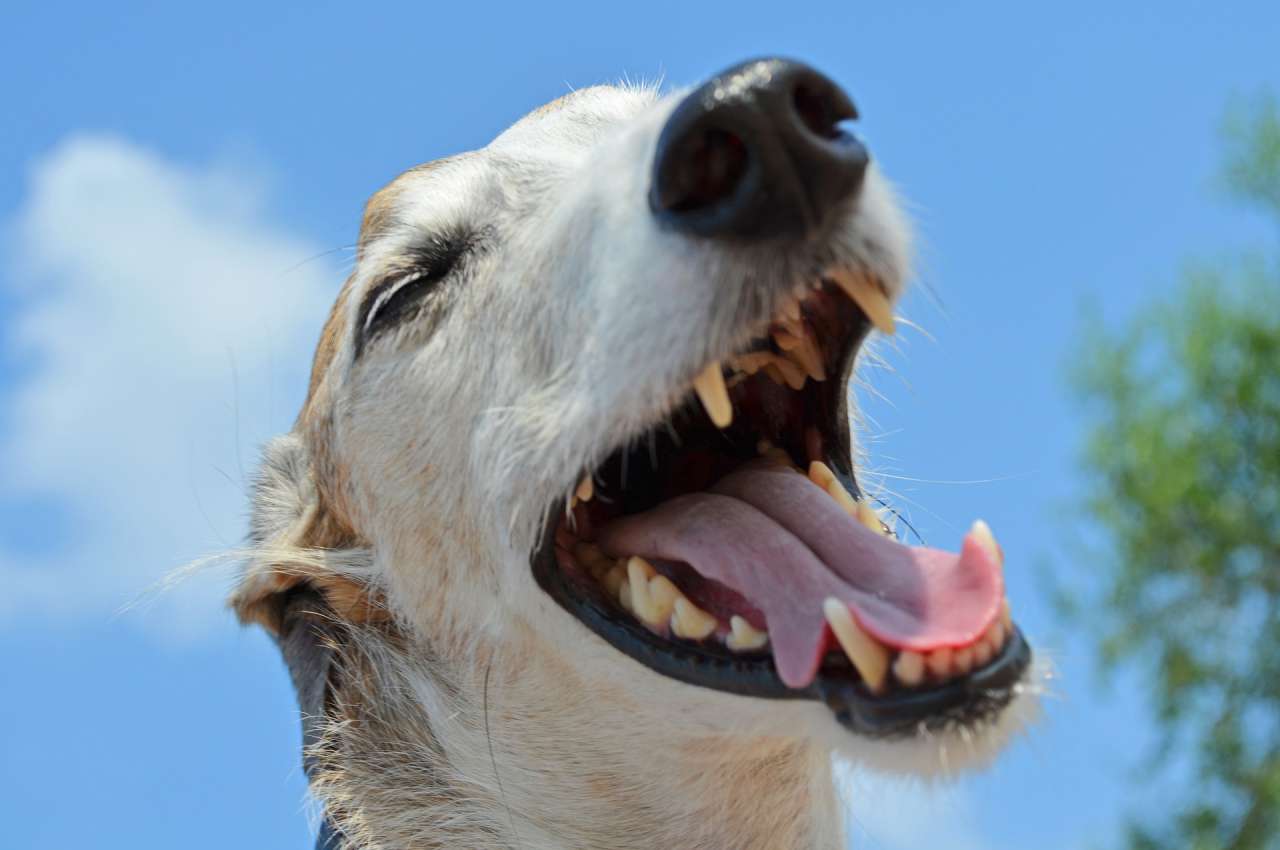Important to Know: How to Monitor Your Dog's Dental Health
The latest study conducted by the Waltham Petcare Science Institute (USA) showed that small breed dogs weighing up to 6.5 kg (dachshunds, miniature poodles, etc.) are five times more likely to suffer from periodontitis compared to large pets weighing more than 25 kg (boxers, German shepherds, etc.).
How to brush your dog's teeth
Brush your teeth in a circular motion, paying particular attention to the edge of your teeth at the gum line.
Before you finish brushing, swipe the brush vertically toward the center of your mouth to remove any plaque that has been removed.
You should brush your dog's teeth at least once a week, preferably every day.
How to tell if your dog has bad teeth
Most often, they notice bad breath, difficulty in eating solid food (dry food), the animal tries to eat on one side, rubs its muzzle on furniture or rubs its muzzle with its paws.

In addition, sometimes none of this happens, but the disease is already developing, and the animal gets used to living with chronic pain.
What should you give your dog to clean its teeth
If you have a medium to large dog and you need treats primarily for cleaning your dog's teeth rather than for training or rewarding, consider oxtail, trachea, oxroot, and beef gullet.
For smaller dogs, pieces of tendon or trachea cut into rings are better suited.
